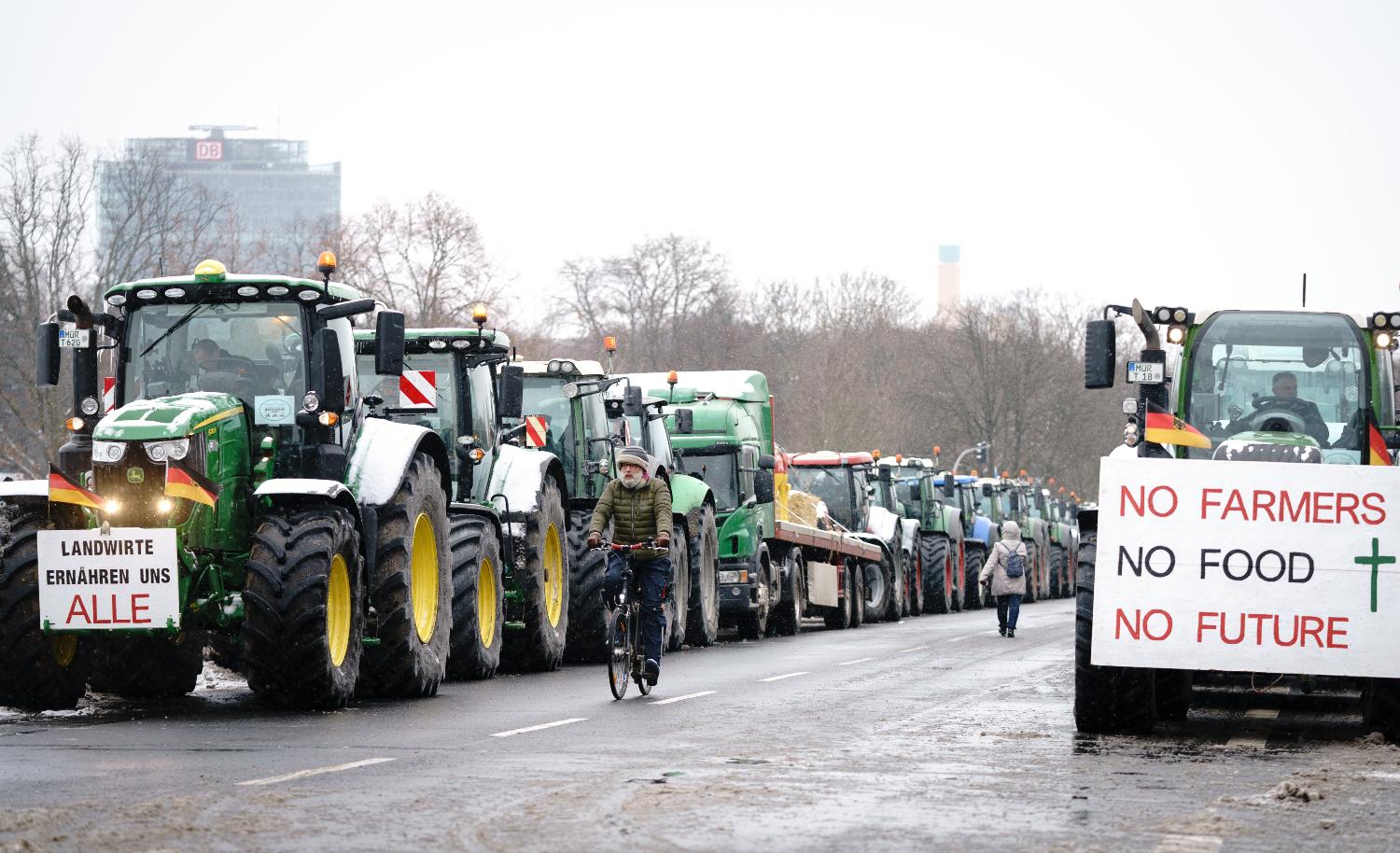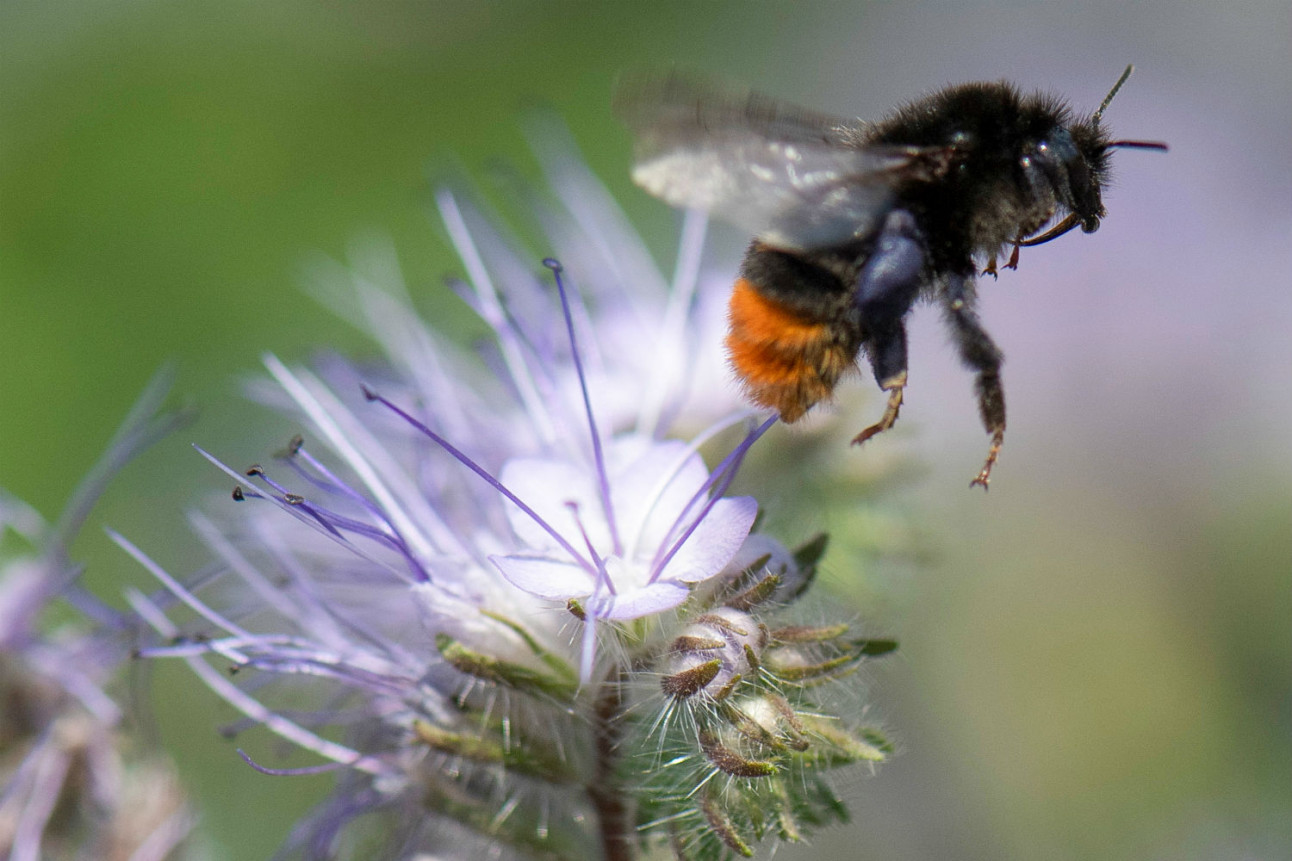The report by the United Nations Food and Agriculture Organization (FAO) suggests eating insects — or entomophagy — could help fight hunger as the world's population swells to nine billion people by 2050.
In a section called ´Why eat insects?' the report's authors outline the many health, environmental and poverty-fighting benefits of eating our six-legged friends.
But not all of Spain's chefs are ready to include cockroaches on their tapas menu.
Three-star Michelin chef Juan Mari Arzak told Spanish news site Te Interesa that while he liked eating large grasshoppers (chapulines), he currently had no plans to include insects on his menu in San Sebastián.
"They don´t form part of our culture," said Arzak, who also stressed it was important to respect the food preferences of other cultures.
Chef Nacho Manzano at the Michelin two-star restaurant of Casa Marcial in Asturias is also in no rush to put insects on the menu.
"I don´t mind eating insects, depending on which one they are. Still, it´s a question of education. If you've never tried a spider crab in your life, it would be really disgusting, but for us it's a delicacy because it's part of our culture."
Meanwhile, insects aren't on the menu at the Michelin one-starred Aponiente restaurant in El Puerto de Santa María either.
This is because they don't fit in with the philosophy of chef Ángel León.
León, who serves up plankton at his eatery, would prefer to focus on news species from the world's oceans.
However, Gorka Txpartegui at the Alameda restaurant in the Basque Country said they wouldn't rule out putting insects on the menu.
"Insects are good and I like ants. I love Asian cooking and we always have Asian cooks on our team. We are fundamentally Basque, but (insects) could be an option," Txpartegui told Te Interesa.
According to the FAO, two billion people worldwide already eat insects, particularly in Asia and Africa.
The organization says that insects are a viable alternative source of protein alongside chicken, pork, beef and fish.
The FAO also says insects are good for the environment, with their production involving far lower levels of greenhouse gas emissions than most livestock.
Insect rearing and harvesting is also a "low-tech, low-capital investment option" the authors of the FAO report argue. Even women and the landless can get involved, they stress in the detailed study.




 Please whitelist us to continue reading.
Please whitelist us to continue reading.
Member comments